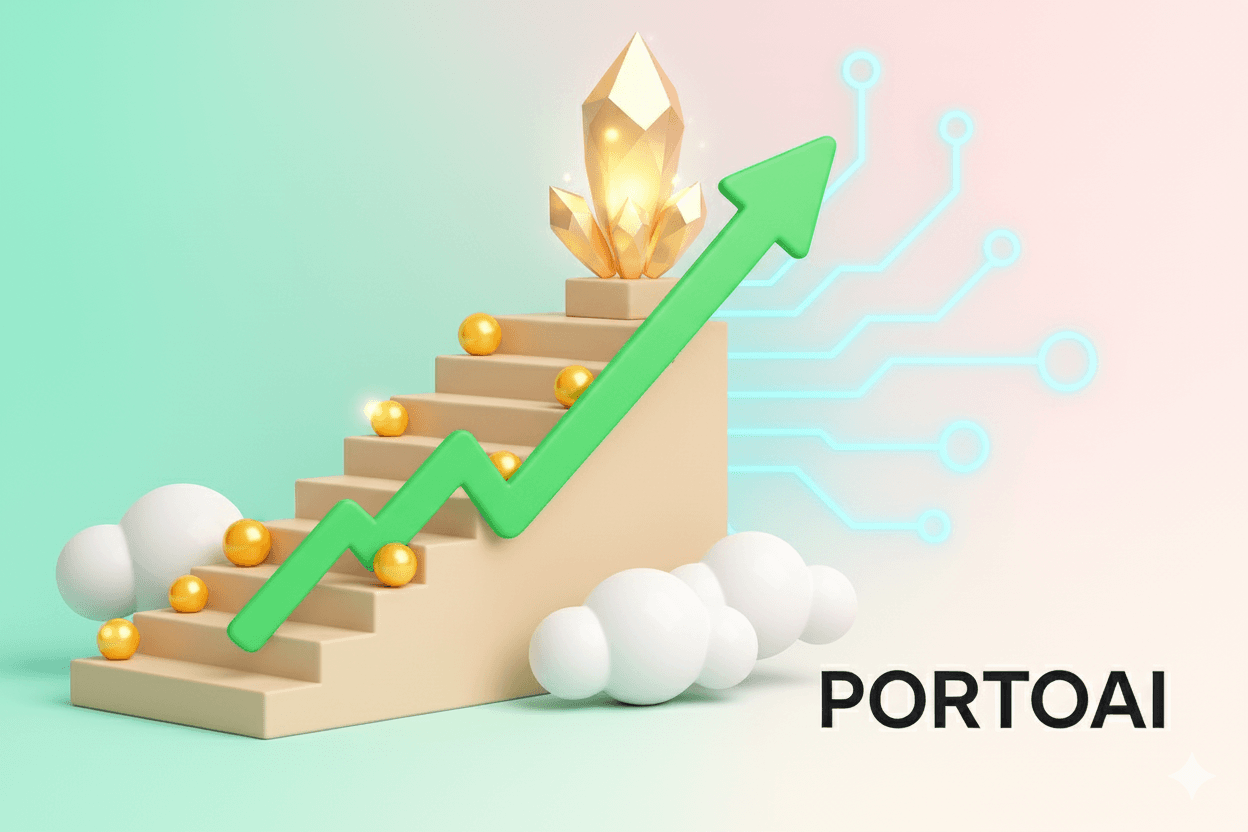Debenture vs. Bond: Understanding Fixed-Income Investment Differences

Venkateshwar Jambula
Lead Market Researcher
3 min read
•Published on September 28, 2024
•Debenture vs. Bond: Clarifying Key Differences in Fixed-Income Investments
When exploring the fixed-income landscape, investors frequently encounter both bonds and debentures. While both are debt instruments used to raise capital and offer interest payments, they differ significantly in their structure, security, and risk profiles. A clear understanding of these distinctions is crucial for making informed investment decisions and aligning your portfolio with your financial objectives.
Understanding Bonds: The Foundation of Debt Investment
A bond represents a loan made by an investor to a borrower, typically a corporation or government. The issuer promises to repay the principal amount on a specified maturity date and usually pays periodic interest (coupons) to the bondholder. Bonds are fundamental tools for governments and large corporations to finance operations, infrastructure projects, and growth initiatives.
Key Characteristics of Bonds:
- Security: Bonds can be secured, meaning they are backed by specific corporate assets or government backing, reducing default risk.
- Risk Profile: Generally considered lower risk, especially government-issued bonds, due to the issuer's creditworthiness and potential collateral.
- Interest Rates: Can offer fixed or floating interest rates, providing predictable income streams or adapting to market conditions.
- Issuers: Commonly issued by national governments, state entities, and large public corporations.
Common Types of Bonds:
- Government Bonds: Issued by national governments, these are often seen as among the safest investments due to sovereign backing.
- Corporate Bonds: Issued by companies to fund operations or expansion. Their risk level varies with the company's financial health.
- Convertible Bonds: Offer the holder the option to convert the bond into a predetermined number of the issuer's equity shares.
- Zero-Coupon Bonds: Do not pay periodic interest. Instead, they are sold at a discount to their face value and redeemed at full face value at maturity.
- Municipal Bonds: Issued by local or state governments to finance public projects like infrastructure.
Deciphering Debentures: Unsecured Debt Instruments
A debenture is a type of debt instrument not backed by any specific collateral or assets. Instead, debentures are secured only by the issuer's general creditworthiness and reputation. Investors lend funds to the issuer for a fixed term, receiving regular interest payments and the principal back at maturity.
Key Characteristics of Debentures:
- Issuer: Typically issued by private or public companies, though governments may also issue them.
- Interest Rates: Often carry higher interest rates than secured bonds to compensate investors for the increased risk.
- Convertibility: Can be structured as convertible (into equity) or non-convertible.
Types of Debentures:
- Secured Debentures: While less common, these are backed by specific company assets.
- Unsecured Debentures: The most prevalent type, relying solely on the issuer's creditworthiness.
- Convertible Debentures: Can be exchanged for shares of the issuing company's stock.
- Non-Convertible Debentures (NCDs): Remain as debt instruments throughout their term.
- Redeemable Debentures: Have a defined maturity date when the principal is repaid.
- Irredeemable Debentures: Do not have a maturity date and are typically held indefinitely or redeemed at the issuer's discretion (rarely issued today).
Key Differences: Bonds vs. Debentures at a Glance
| Feature | Bond | Debenture |
|---|---|---|
| Security | Often secured by specific assets | Typically unsecured, backed by general creditworthiness |
| Issuer | Governments, large corporations, public entities | Primarily corporations (private/public) |
| Risk | Generally lower, especially government-backed | Potentially higher, due to lack of collateral |
| Interest Rate | Usually lower | Typically higher, to compensate for risk |
| Repayment Priority | Higher if secured | Lower compared to secured bonds in liquidation |
| Investor Type | Favored by conservative investors | May appeal to risk-tolerant investors seeking higher yields |
Strategic Considerations with PortoAI
Understanding the nuances between bonds and debentures is fundamental for constructing a resilient fixed-income portfolio. Investors can leverage PortoAI's Market Lens to analyze the credit quality and risk profiles of various debt instruments. Our platform synthesizes vast amounts of financial data, providing clear, actionable insights into issuer stability and market conditions. By utilizing PortoAI's risk console, you can better assess the potential impact of different debt securities on your overall portfolio risk and make more confident, data-driven decisions. Whether you're prioritizing capital preservation with secured bonds or seeking higher yields from debentures, PortoAI empowers you to navigate the complexities of fixed-income investing with precision.
Blog
Investment Insights and Tips
Explore our latest investment strategies and insights.

Stocks
Master Investment Psychology: Control Emotions for Smarter Stock Decisions
The Psychology of Stock Investment: Understanding Emotions That Affect Investment Decisions A stock market is a funny place – both the seller and buye...
Venkateshwar Jambula
November 7, 2024
•4 min read

Stocks
Power Grid India Stock: Analyzing PGCIL's Price Movements & Future
The Rise and Fall: Unraveling the Power Grid Corporation of India Stock Price The Power Grid Corporation of India Stock Price (PGCIL) has experienced ...
Venkateshwar Jambula
November 6, 2024
•10 min read

Stocks
Are Multibagger Stocks Still Possible in 2025? Your AI Guide
These 6 Multibagger Stocks Exploded in 2025 — Is Your Portfolio Still in 2022? Till June 2025, the benchmark Sensex has risen by around 4%, reflecting...
Venkateshwar Jambula
November 5, 2024
•11 min read

Stocks
Top 5 Indian Growth Stocks & Sectors for 2025: AI-Driven Insights
Top 5 Best Growth Stocks in India & Sectors to Watch in 2025 You see the market correction in late 2024 and early 2025 was driven by weak economic...
Venkateshwar Jambula
November 4, 2024
•9 min read